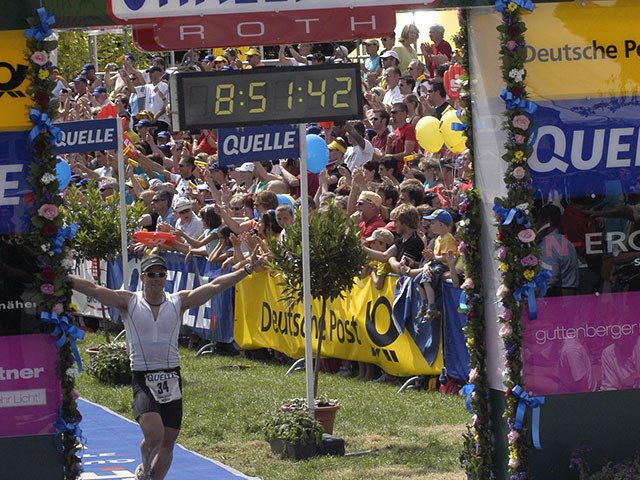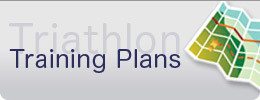by David B. Glover, MSE, MS, CSCS
“Don’t bother just to be better than your contemporaries or predecessors. Try to be better than yourself.”
– William Faulkner
I struggle with “second guessing” as do many of my triathlon clients.
In everyone of the more than 100 triathlons I’ve completed, I’ve always thought afterwards, “I could have gone faster if only…” or “I should have….” Even when I broke 9 hours in an IRONMAN® distance triathlon to finish in 8:51 for a personal best time, I still said to myself, “If only I had stayed better hydrated…” among other things.
I set a personal best!!! Yet, I was still frustrated with myself that I didn’t go a little faster.
It’s easy to dissect what went wrong in a race (or really anything in life) after the fact – “Hindsight is 20/20″ – and wish that things went faster, better, smoother, etc.
Does second guessing help?
In some ways, no because it may lead to perpetual disappointment and regret.
However, second guessing can be beneficial if, by dissecting the event, we can find ways to do things faster, better, smoother, etc. the next time.
Whenever you do something significant – whether it’s racing an Ironman, riding a bicycle century, interviewing for a job or preparing a PowerPoint presentation – take the time to dissect that something after the fact. What went well? What could have done better? What should be done differently next time? Write these things down so they are not forgotten six months later.
For me, I had to first complete 9 Ironman triathlons in order to break 9 hours for the first time in race #10. After each race, I wrote a race report to capture what I did well and what I need to fix. Eventually I figured out what I needed to do and executed the race successfully….although I still to this day think I could have gone a little faster.


